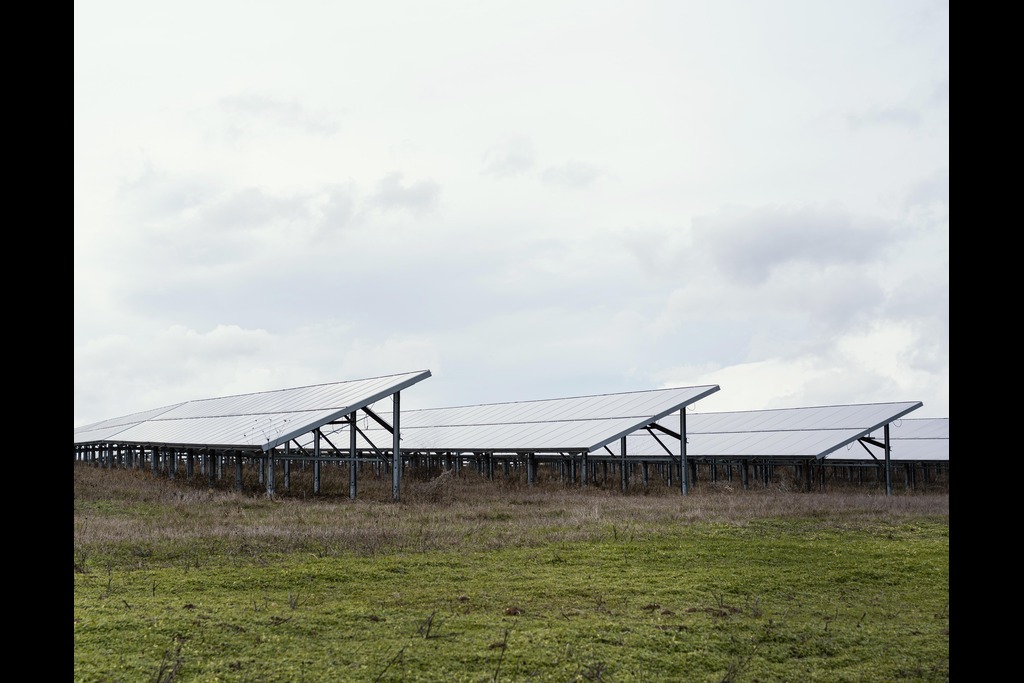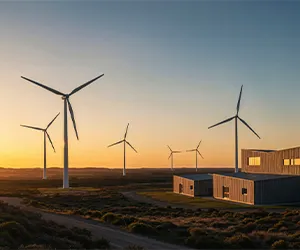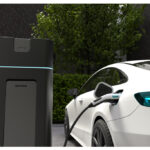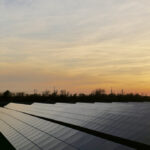Ground Mount Vs. Rooftop Solar: Best Choice for Industrial Needs
As industries across the globe shift toward more sustainable operations, solar energy is rapidly becoming the preferred power solution. The decision to install a solar power system for factory operations is no longer a question of “if,” but “how.” Industrial users often face a choice between two major installation types: ground mount solar and rooftop solar systems. In this article, we explore both options in detail, compare efficiency, installation complexity, and long-term benefits, and analyze how solar EPC contractors and solar panels comparison can help businesses make the right decision.
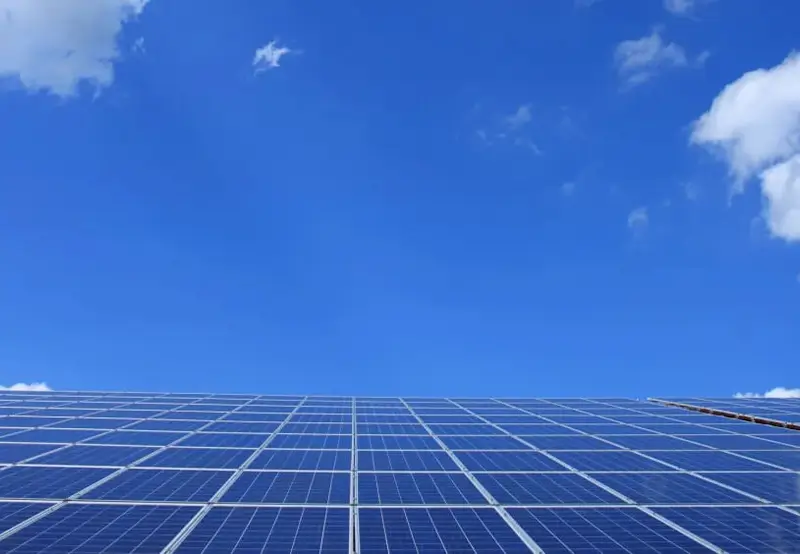
Understanding Ground Mount Solar Systems
Ground mount solar systems are installed directly on the ground using a frame or pole-mounted structure. This option is ideal for facilities with sufficient open land space.
Benefits of Ground Mount Solar:
Benefits of Ground Mount Solar:
- Flexibility in Design & Orientation: Ground systems allow optimal positioning and tilt to capture maximum sunlight throughout the day.
- Ease of Maintenance: Since the panels are at ground level, cleaning and inspecting them is easier.
- Higher Efficiency Potential: Ground systems often operate more efficiently because they stay cooler and aren’t limited by roof structure.
However, ground mount solar systems require more land, potentially increasing costs due to land preparation or legal permissions. Industries with ample unused land, especially in rural or semi-urban zones, often benefit most from this solution.
Exploring Rooftop Solar Installations
The most popular option is rooftop solar, particularly in the city industrial setting where there is scarce land. Panels are mounted to the roof of a building or factory.
Advantages of Rooftop Solar:
- Optimal Use of Space: Utilizes unused roof space, eliminating the need for extra land.
- Lower Installation Costs: Generally, fewer infrastructure requirements reduce initial expenses.
- Minimal Interruption to Operations: Since the panels are on the roof, factory activities can continue uninterrupted during installation.
With that said, not all roofs are appropriate. Efficiency can be affected by weight-bearing capacity, orientation and shading. That is where professional solar EPC contractors are involved.
Role of Solar EPC Contractors in Industrial Projects
Solar EPC contractors (Engineering, Procurement, and Construction) handle the full scope of a solar project—from design to commissioning. Their expertise is essential in determining whether ground mount solar or rooftop systems suit a particular site.
For industrial facilities, experienced solar EPC contractors conduct feasibility studies, assess structural integrity (for rooftops), land grading requirements (for ground mounts), and oversee compliance with electrical and safety standards.
Collaborating with skilled solar EPC contractors ensures the solar power system for factory setups deliver maximum return on investment (ROI) and seamless execution.
Comparing Ground Mount and Rooftop Solar for Industrial Needs
The industrial users need to take the following into account in order to reach to an informed decision:
- Space Availability
- Ground Mount Solar: Best for facilities with adjacent open land.
- Rooftop Solar: Best for urban setups with limited land.
- Installation Costs
- Rooftop systems are often cheaper to install due to existing infrastructure.
- Ground mounts may require extra spending on foundations and fencing.
- Maintenance
- Ground mount systems are easier to access.
- Rooftop systems might need specialized equipment for cleaning and repairs.
- Efficiency
- Ground systems can be angled optimally and avoid shade.
- Rooftop systems may suffer efficiency losses due to building shadows or limited orientation options.
- Scalability
- Ground systems offer easier expansion.
- Rooftop systems are limited by roof size and structural support.
Solar Panels Comparison: Finding the Right Fit
While deciding between installation types, it’s crucial to carry out a solar panel comparison. Industrial solar systems vary in power output, durability, and temperature coefficient.
Key criteria for solar panels comparison:
- Efficiency Rating: How much sunlight is converted into usable electricity.
- Temperature Coefficient: Performance drop with rising temperatures—especially relevant for rooftop panels.
- Durability and Warranty: Especially important in harsh industrial environments.
High-efficiency monocrystalline panels may be preferred for rooftops with limited space, while ground installations can leverage polycrystalline panels for cost-effectiveness over large areas. Conducting a thorough solar panels comparison with the help of solar EPC contractors will ensure that the chosen industrial solar systems align with production goals, energy demands, and environmental conditions.
Why Invest in an Industrial Solar System?
A solar power system for factory settings helps reduce operational expenses, achieve sustainability goals, and comply with environmental regulations. Industries that invest in industrial solar systems gain:
- Lower Energy Bills: Solar offsets electricity costs significantly.
- Tax Incentives & Subsidies: Governments provide benefits for green energy.
- Energy Independence: Reduces reliance on unpredictable grid power.
- Positive Brand Image: Appeals to eco-conscious clients and investors.
Choosing the right system—ground mount solar or rooftop—can amplify these benefits, but it requires professional consultation and long-term planning.
Conclusion
Both ground mount solar and rooftop solar systems offer unique advantages for industrial applications. The best choice depends on land availability, structural limitations, budget, and long-term energy needs. Engaging with qualified solar EPC contractors can help streamline the process and ensure the right design and technology is selected.
Moreover, a careful solar panel comparison ensures that your solar power system for factory operations is optimized for efficiency, durability, and ROI. With the right decisions, industrial users can harness the full potential of industrial solar systems, turning their factories into powerhouses of clean energy.
Frequently Asked Questions (FAQs)
Ground mount solar systems are installed on the ground and offer flexibility in orientation and scale. Rooftop solar systems are installed on factory roofs, making use of unused space. The choice depends on space availability, budget, and long-term energy needs.
Solar EPC contractors manage the end-to-end process of installing industrial solar systems, including design, procurement, and construction. Their expertise ensures compliance, efficiency, and optimal system performance.
Yes, ground mount solar systems are ideal for factories with available land. They allow for optimal panel positioning and easy maintenance, making them efficient for large-scale energy generation.
Absolutely. Industrial solar systems can be expanded over time, especially ground mount systems, which offer more flexibility in scaling as your energy demands grow.
A proper solar panel comparison evaluates factors like efficiency, temperature resistance, warranty, and cost. This helps select the best panels suited for your factory’s location and power needs.

